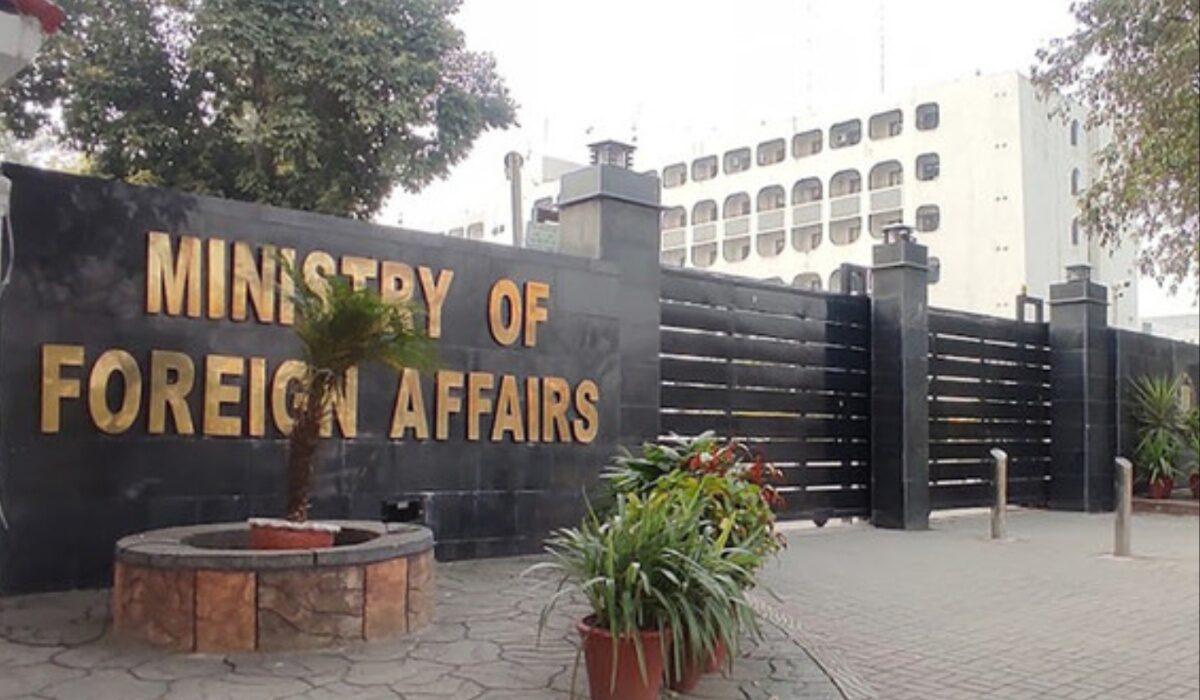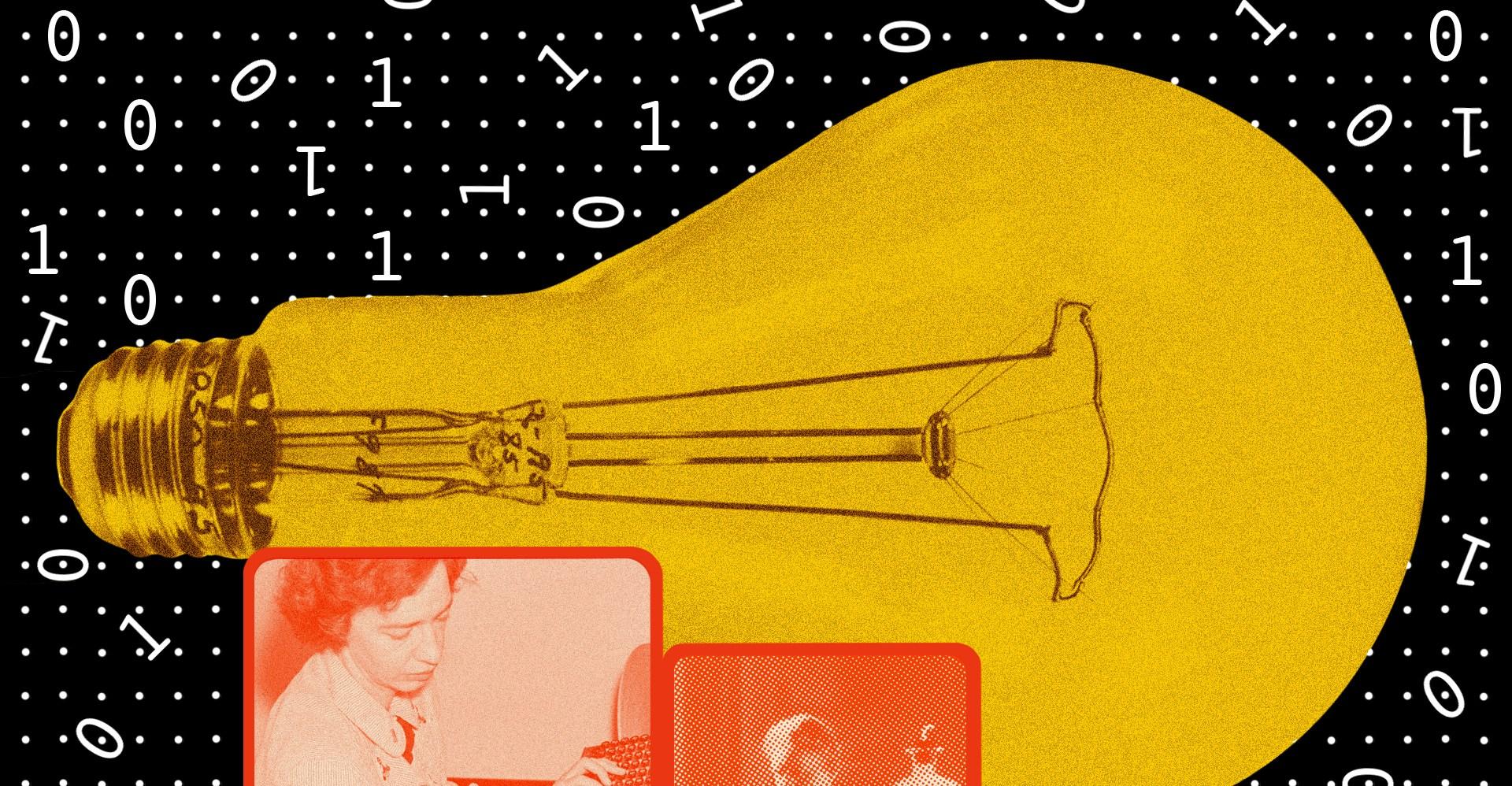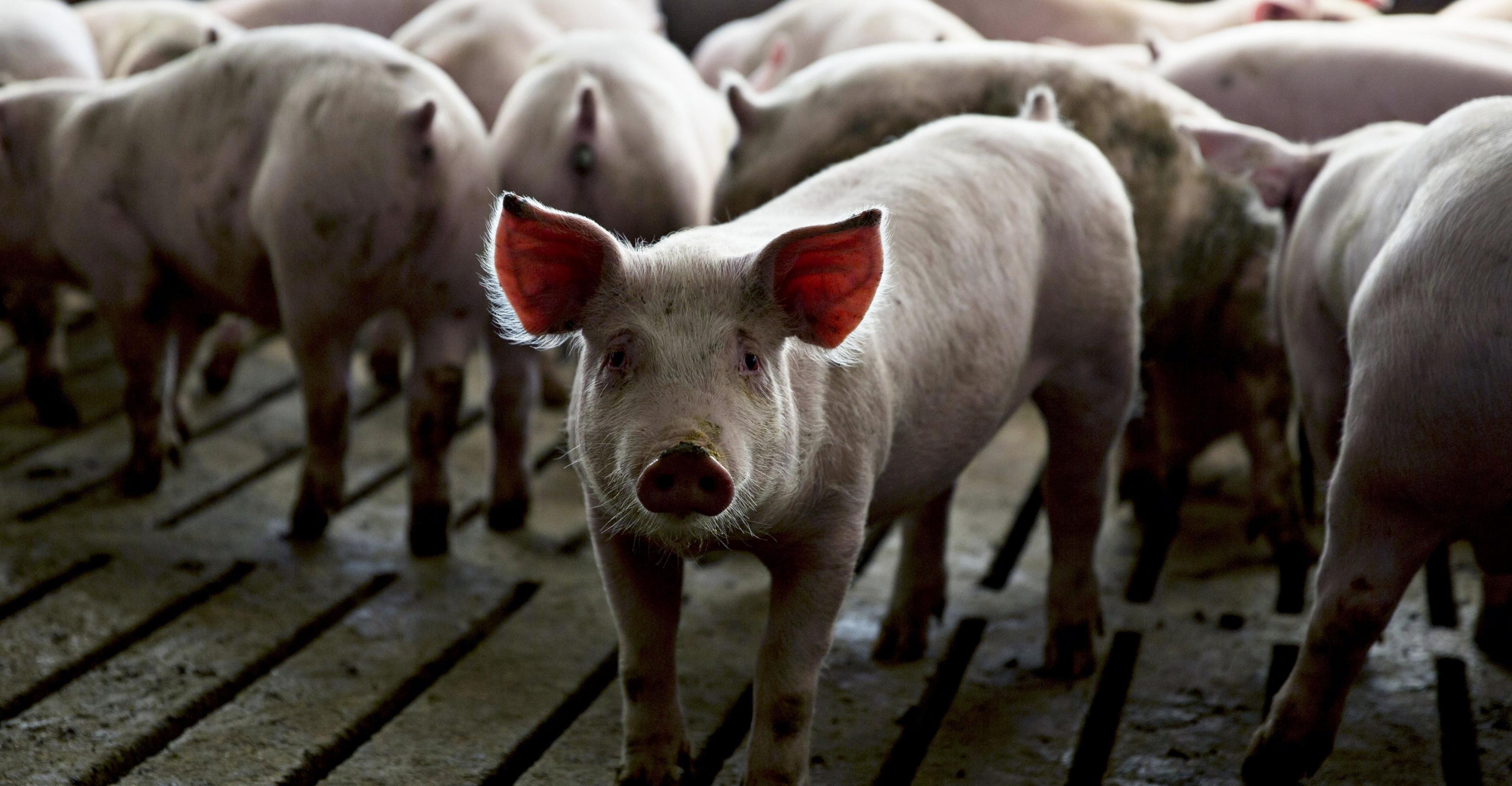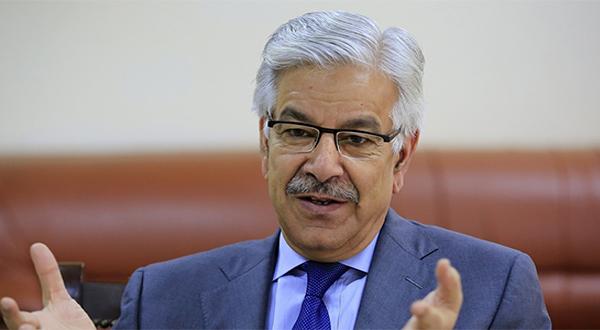'Behind every great fortune there is a crime'
"Behind every great fortune there is a crime." The echo of this phrase is not very old in our political and judicial history. Justice Asif Saeed Khosa wrote this sentence in his dissenting note in the Panama case judgment of April 20, 2017.

American author Mario Pozzo begins his novel "Godfather" with the same sentence of French author Anne de Balzac. It was only after this reference in the dissenting note that political opponents started calling Nawaz Sharif a godfather and a Cecilian mafia. Prime Minister Imran Khan has been convinced from day one that corruption is the root of all ills in society. Money made dishonestly is sent out of the country through various means.
The elites involved in this process have businesses and properties abroad. In national and international forums, he has repeatedly said that money made through corruption must be stopped from flowing out of the country, and that corrupt people must be severely punished, and that western countries' developing countries must return. Stop money from coming to your countries. Undoubtedly, strict laws are the need of the hour to eradicate corruption.
Pakistan has an authoritative body, the National Accountability Bureau, which is engaged in rooting out corrupt people from head to toe. Justice (retd) Javed Iqbal, the head of the agency, will complete his term on October 8. The new chairman of the NAB is to be appointed in consultation with the Prime Minister and the Leader of the Opposition. So far no consultation has taken place and whether the consultation will take place in the future or not, the question mark remains.
The question of whether Chairman NAB will be replaced or Justice (retd) Javed Iqbal will remain in office remains. In the midst of all this, the government legal team was busy running and drafting an ordinance. One of the key points of this ordinance is that the existing clause of consultation between the Prime Minister and the Leader of the Opposition will remain in force. The name of Justice (retd) Javed Iqbal will also be considered for the new chairman NAB.
If there is no agreement, the matter will go to the parliamentary committee. If there is a deadlock in the talks, the current chairman will remain in office until the new chairman arrives. The Supreme Judicial Council will have to be approached to remove the NAB chairman. The clause not to extend the chairmanship of NAB will also be removed by the ordinance.
Whether it is accountability or revenge, the government has often expressed its good intentions in this regard. Through this ordinance, the highly capable and astute legal team of the government has brought some new aspects to the fore. Legally important in this ordinance is that the NAB courts will also have the power to grant bail to the accused before 90 days.
Additional Sessions Judges and former Judges will also be appointed in NAB courts. For the appointment of the Chairman NAB, the provision of consultation between the Prime Minister and the Leader of the Opposition was made so that the head of the accountability body would agree.
No one could point a finger at his character and neutrality. Justice (retd) Javed Iqbal also became the head of the accountability body through this consultative process. However, now the opposition often keeps pointing fingers at him. Forough Naseem, who belongs to the Muttahida Qaumi Movement, is currently the country's law minister. The preparation of this ordinance will undoubtedly involve his hard work, and he believes that the appointment of the new chairman of the NAB will be in consultation with the Prime Minister and Leader of the Opposition Shahbaz Sharif. Naseem, however, acknowledged that Shhebaz Sharif has yet to be contacted in this regard.
Babar Awan, Advisor to the Prime Minister on Parliamentary Affairs, also confirmed the existence of a consultation clause between the Prime Minister and the Leader of the Opposition in the NAB Amendment Ordinance. It is unknown at this time what he will do after leaving the post. On this action of the government, PML-N leader and former Prime Minister Shahid Khaqan Abbasi says, "Chairman NAB is being extended by breaking the law. The law says consult but the Prime Minister is refusing. The President is also against the ordinance." We are ready to sign."
The PPP has termed the extension of NAB chairman's tenure through an ordinance as unconstitutional and illegal. PPP Vice President and Senator Sherry Rehman raised the question that how can the current chairman work after his completion of term? If consulting the opposition is a conflict of interest, aren't there cases against ministers, including the prime minister? Sugar, flour, petrol, medicine, BRT, LNG, Ring Road, Billion Tree and helicopter scandals are against whom? Is the Prime Minister not protecting his own interests and the interests of his ministers?
The concerns and questions of PML-N and PPP are on the one hand, Federal Minister for Information and Broadcasting Fawad Chaudhry explained teh reason as why did not the premier and the opposition leader consult each other for the appointment. Talking to media, the minister said, "We will not consult Shahbaz Sharif about the NAB chairman. We will bring in an ordinance to remove the legal loophole so as to remove the alleged complexities in the law which has made it mandatory to consult the Leader of the Opposition on this issue,” he said.
In his briefing, Fawad further said: "The ordinance will clarify how the head of the anti-corruption watchdog will be appointed if the opposition leader is accused of corruption." Responding to Fawad Chaudhry's statement, PML-N spokesperson Maryam Aurangzeb said, "Consultation with the Leader of the Opposition on the appointment of NAB chairman is a constitutional requirement. With this decision, they are giving NRO to those who are flour, sugar, electricity, gas and medicine thieves.
It is clear from the heated rhetoric on this ordinance that the Prime Minister is not sitting in consultation with the Leader of the Opposition Shahbaz Sharif for the appointment of a new Chairman NAB. Shahbaz Sharif is currently facing only corruption charges, cases are pending, if anything is proved, he will definitely be found guilty. It would be fair not to talk to them after that. He is currently the representative of the opposition in the country. He should get his constitutional position.
In the Pandora Papers, offshore companies of close associates of the Prime Minister have come to light. The requirement of justice is not to sit with them till they are proved innocent. "Behind every big crime there's a crime," recalls the Panama case verdict, because now the Pandora's box has opened, and some of the culprits have been exposed. Let's see how does indiscriminate accountability take place?










